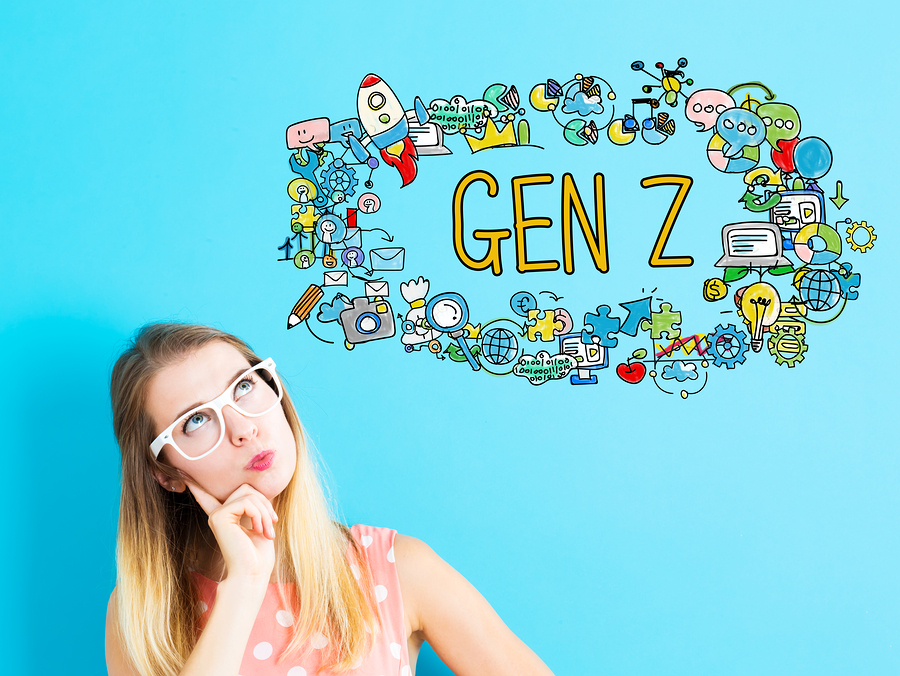PHILIP ELLIS on 21 August, 2017 at 02:08
Millennials are so yesterday. Generation Z, aka people born in the 90s and early 00s, are the new fast-growing consumer group being courted by marketers. They’re now graduating from high school, going off to university, and getting jobs — but they’re also prudently planning for the future.
“Those born 1996 and after are living in the shadow of 9/11; we were old enough to see our parents go through a recession,” Connor Blakley, the 18 year old author of the book Brand Z. “All of these societal and cultural things subconsciously affected our purchasing behaviors, our outlook.”
Of course, it’s a folly to treat any age group or target demographic as a monolith; Gen Z comprises just as many viewpoints and personalities as you would expect from such a broad swathe of individuals. But considering Gen Z will make up 40 per cent of consumers by 2020 (based on estimates by Forbes) , there are a few things brands and businesses should know.
As the first truly “digital native” generation, the internet plays a significant role in purchasing behavior; online-first shopping is common, and their online experience, along with reviews, tutorial videos etc., influence their buying decisions. According to AdWeek, 70 per cent trust YouTubers and bloggers when it comes to buying tech, and 48 per cent trust social influencers like Instagrammers for advice on beauty products (Gen Z are big beauty spenders). Being able to quickly and easily find items when shopping is the most important thing to half of Gen Zers, and over 60 per cent will simply not use websites or apps that are slow to load or difficult to use.
And now that Gen Z is entering the workforce, employers are optimistic about the impact they will have on businesses, with over 60 per cent of CEOs believing hiring Gen Zers will contribute to growth, according to Business Matters. There also seems to be a consensus among hirers that digital skills will be this group’s most valuable asset in the job market.
Other traits commonly identified in Gen Z include a desire for lasting relationships and a penchant for planning, both of which may well stem from having grown up around political and economic uncertainty (research from Experian shows that they’re better at avoiding debt than previous generations). Planning for the future, long-term working relationships and the possibility of future progression are all highly attractive to Gen Z. Flexible schedules and part time hours are also things they will look for, with the increase in freelancing as a norm and the fact that it’s taking some people longer to complete their higher education.
And finally, much like the millennial generation that preceded them, Gen Zers are characterised by a low threshold for B.S. — authenticity is key, and brand interactions built on a broadcast model, without context, are destined to fail.
